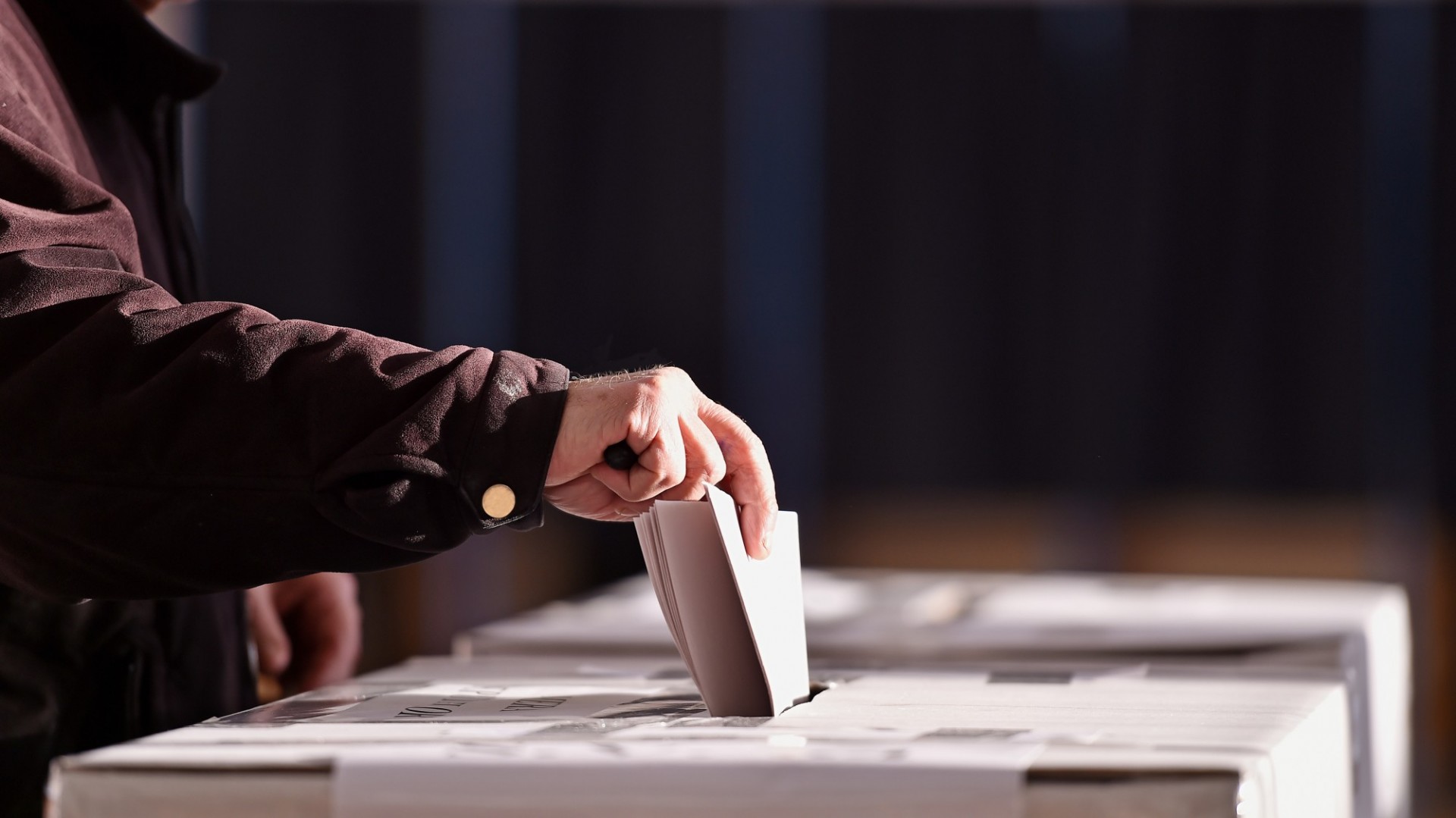In Order to Prevent Another Voting Debacle, Turn to Paper Balloting
This article was published in The Boston Globe.

Nevada may have so far escaped controversy. But voting should not be a roll of the dice. Our nation has the capacity to build a better elections system for the future.
The Nevada caucuses may have skirted the chaos of Iowa and overcome last-minute fears that the use of new technology would lead to another voting fiasco. As such, we can all let out a collective sigh.
But it would be a big mistake to double down on the fortunate outcome in Nevada and believe that what happened in Iowa will stay in Iowa.
Iowa saw voting tallies delayed for days, in part, because of technological failure, specifically a not-ready-for-prime-time app. Helped by what seems a more decisive outcome, Nevada quickly declared a winner, but not before scrambling to bring in extra manpower and other resources to run its own complex caucus. Though Iowa-like errors and inconsistencies may yet be found in the Nevada count, there appears to be no evidence of malicious cyber activity in either state. Still, the nation’s first two caucuses heavily underscored the continued challenges and vulnerability of our election systems. They also suggested we may still not properly recognize the urgency of protecting this critical component of American democracy.
More than three years after members of Congress and the American public learned about widespread Russian intrusion into our election infrastructure, our nation’s elections are still at major risk of being compromised. And, as Iowa clearly demonstrated, new technologies do not yet pose the answer.
But the path to protecting our voting integrity is there. Following the 2016 presidential election, we cochaired a nonpartisan National Academies of Sciences, Engineering and Medicine committee that sought to identify steps to secure American votes. In its 2018 report, “Securing the Vote: Protecting American Democracy,” the committee, which included computer science and cybersecurity experts, legal and elections scholars, social scientists and election officials, recommended that all local, state, and federal US elections be conducted using human-readable paper ballots by the next presidential election. Additionally, the committee concluded that Internet voting should not be used at this time and should not be used in the future until we can develop and effectively establish robust guarantees of secrecy, security, and verifiability.
"Paper ballots form a body of evidence that is not subject to manipulation by faulty software or hardware like the app used in Iowa and that can verify the results of an election."
Paper is the key. Paper ballots form a body of evidence that is not subject to manipulation by faulty software or hardware like the app used in Iowa and that can verify the results of an election.
Auditing is the second key. Our committee called for a specific type of audit known as a “risk-limiting” audit before the certification of election results. By examining a statistically appropriate random sample of paper ballots, risk-limiting audits can determine — with a high level of confidence — whether a reported election outcome reflects a correct tabulation of the votes that were cast. Risk-limiting audits also offer a high probability that any incorrect outcome can be detected, and they do so with statistical efficiency; a risk-limiting audit performed on an election with tens of millions of ballots may require examination by hand of as few as several hundred randomly selected paper ballots.
This two-pronged approach is necessary because we have yet to develop a technology that can guarantee the secrecy, security, and verifiability of a marked ballot transmitted over the Internet. Furthermore, many local elections offices have few dedicated staff and little access to the latest information technology training or tools. As we saw in Iowa, these offices are often ill-equipped to manage the challenges when technology fails.
To be sure, we are living in an era of ubiquitous cell phone and Internet use and online ordering. Our nation’s citizens, many of whom are highly motivated to make voting easier and more accessible, have every right to ask whether there still may be new and innovative approaches to voting and consider what voting might look like in the future.
We would be wise to continue to explore new election technologies and practices. Additionally, we should encourage, develop, and enhance information technology training programs to educate state and local technical staff on effective election administration. Here, US colleges and universities can play an instrumental role in improving how voting is managed through the scientific and technical research and expertise they can provide.
Iowa was a wake-up call. Nevada may have so far escaped controversy. But voting should not be a roll of the dice. Our nation has the capacity to build a better elections system for the future. With the November elections fast approaching, paper is our best and most feasible option to give our nation’s citizens the confidence that their ballots will be accurately cast, counted, and tabulated and will restore their faith in our democratic process.
Lee C. Bollinger is president of Columbia University. Michael A. McRobbie is president of Indiana University. They cochaired a committee of the National Academies of Sciences, Engineering and Medicine that wrote the report “Securing the Vote: Protecting American Democracy.”